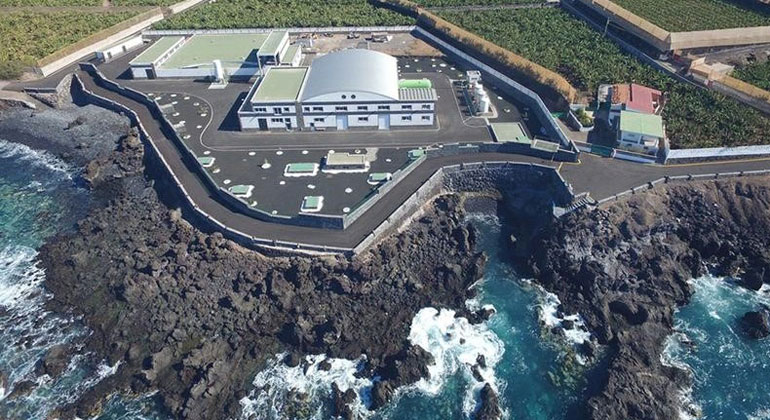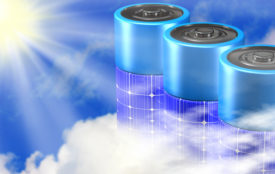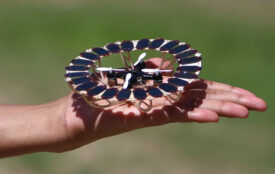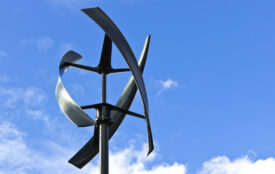Metals and minerals from seawater desalination plants are recovered to be turned into raw materials
The Eurecat technology centre is coordinating the European Sea4Value project which is to develop a new process for recovering high-value metals and minerals from effluent generated by seawater desalination plants. The idea is to turn them into a source of raw materials in line with the circular economy.
The almost 16,000 desalination plants operating worldwide discharge a typically hypersaline concentrated effluent. It has negative impacts but also a high concentration of valuable compounds such as lithium and magnesium. To reverse this dynamic, the Sea4Value research project is working to turn some of the brine into the EU’s third largest source of valuable raw materials.
“Sustainable access to critical raw materials is fundamental for the economy”, notes Xavier Martínez, Director of Eurecat’s Water, Air and Soil Unit. “This means ensuring their present and future availability is also essential for the European Union”.
Against this backdrop, Martínez says the Sea4Value project “is designed to leverage the concentration in desalination processes to develop technology for extracting the minerals in the seas and oceans and making them into a new sustainable source of resources”.
“Sustainability is one of the keystones in meeting humanity’s current challenges”, points out Frederic Clarens, Director of Eurecat’s Waste, Energy and Environmental Impact Unit. “Sea4Value will quantify the environmental, social and economic gains of the new circular business models, thereby helping to build a fairer and more resource-efficient society”.








